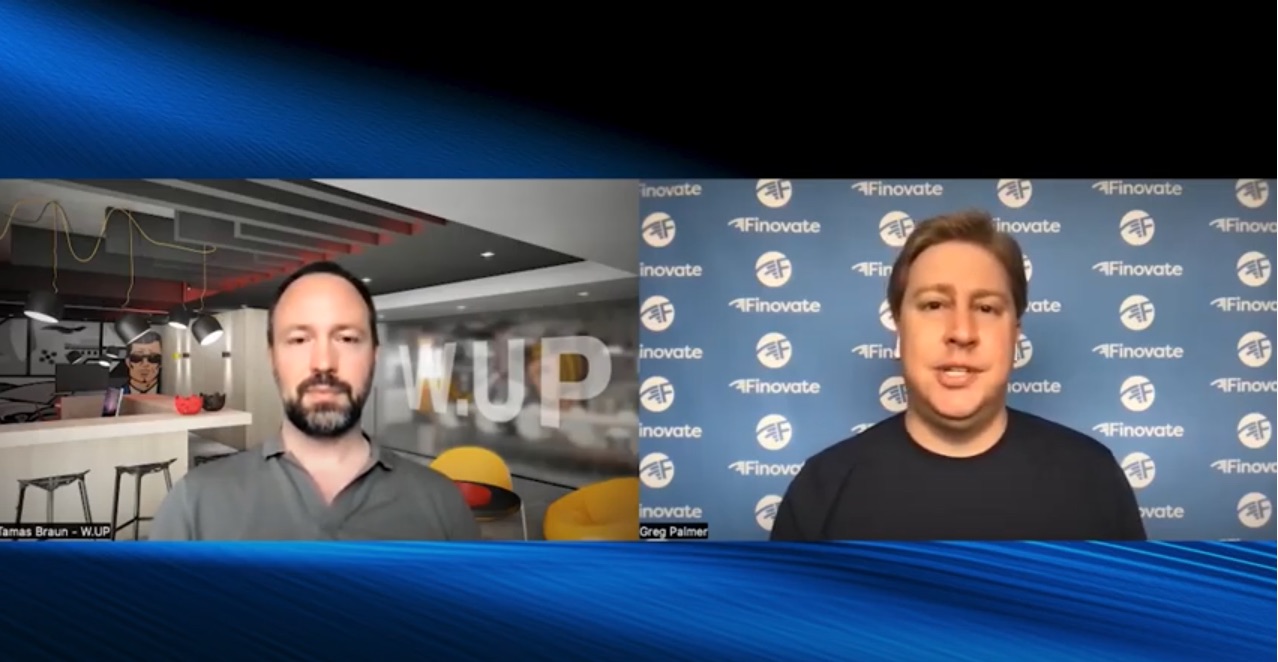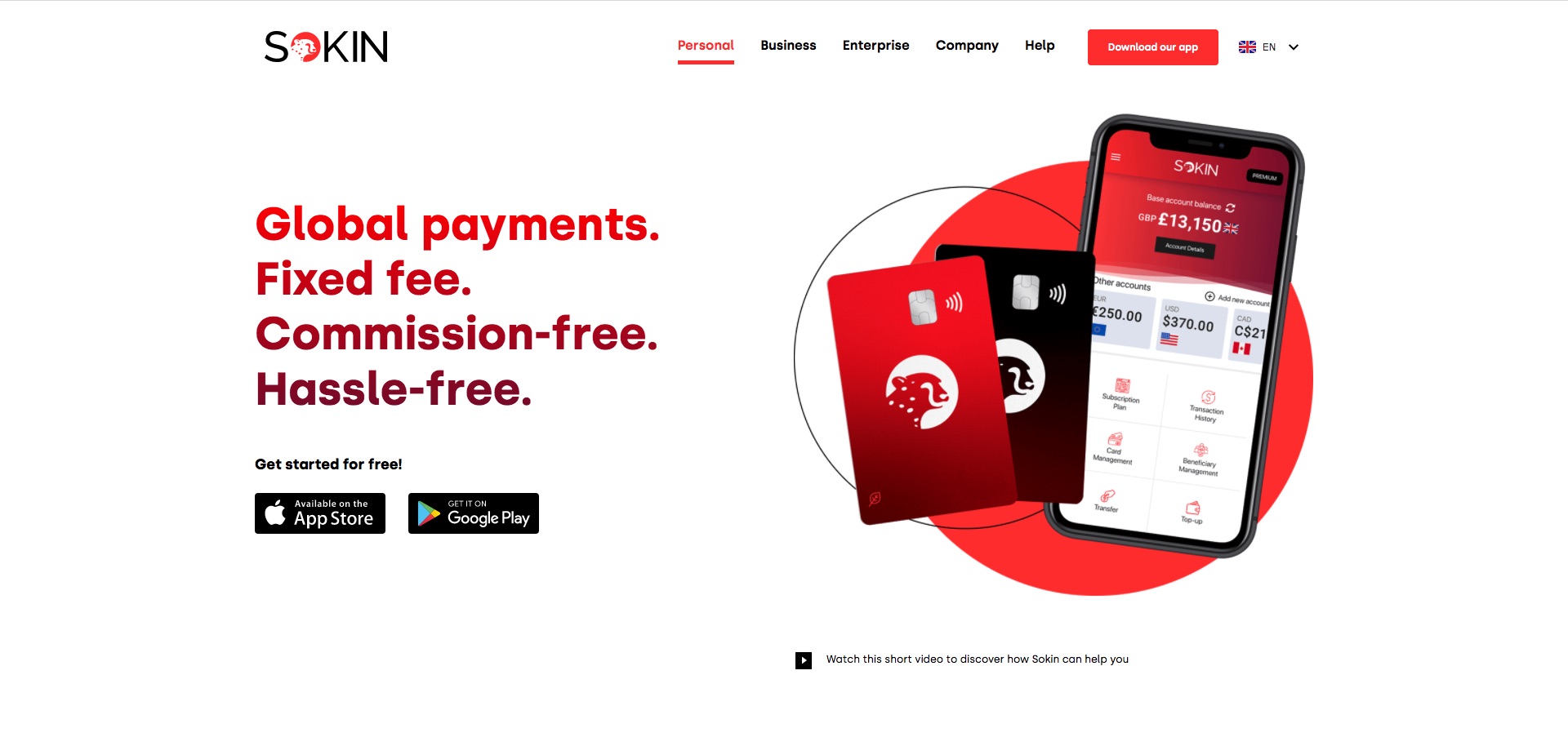
- American Express and Billtrust announced a partnership that will leverage automation to enhance acceptance of AMEX virtual cards.
- The collaboration is designed to meet the accounts receivable (AR) needs of suppliers who are experiencing faster payments and increased cash flow.
- A Finovate alum since 2015, American Express recently partnered with i2c to help fintechs and financial institutions develop solutions on its payments network.
A partnership between American Express and B2B accounts receivable (AR) automation and integrated payments innovator Billtrust will make it easier for suppliers to accept payments via AMEX’s virtual cards.
The integration, announced late last week, will enable suppliers to automate and accelerate virtual card payments and to benefit from real-time insight into their outstanding invoices and current cash flow. The partnership, according to AMEX President of U.S. Global Merchant Services Colleen Taylor, is designed to help suppliers keep pace with both an increased demand for products and services, as well as a need for faster, more efficient payment processes. This is due, Taylor suggested, in large part to the trend of businesses “moving away from paper-based payments to electronic payments for the greater visibility and speed they provide.”
Unfortunately, this trend of faster payments and larger cash flows also means that many companies have existing AR systems that are often inadequate. The partnership between American Express and Billtrust responds to this challenge by giving suppliers a complete solution that covers all aspects of the AR process, including credit decisioning, ordering, invoicing, payments, cash application, and collections. The partnership also will give suppliers access to Billtrust’s Business Payments Network (BPM), which boosts invoice and digital payment efficiency by connecting them with hundreds of buyers and buyer portals.
“Both Billtrust and American Express recognize the need to support merchants and suppliers in responding to buyer demands for digital payment options,” Billtrust CEO Flint Lane said. “This collaboration brings automation to American Express merchants and suppliers, helping create better outcomes and increased customer satisfaction.”
American Express has been a Finovate alum since 2015, when the company presented The role of B2B payments in the evolving commerce ecosystem at our developers conference, FinDEVr Silicon Valley. The company’s partnership news with Billtrust comes in the wake of a collaboration with digital payment and banking technology company i2c that will make it easier for fintechs and financial institutions to develop and scale products on AMEX’s global payments network. American Express trades on the NYSE under the ticker AXP, and has a market capitalization of $127 billion.
Photo by Taras Makarenko
















